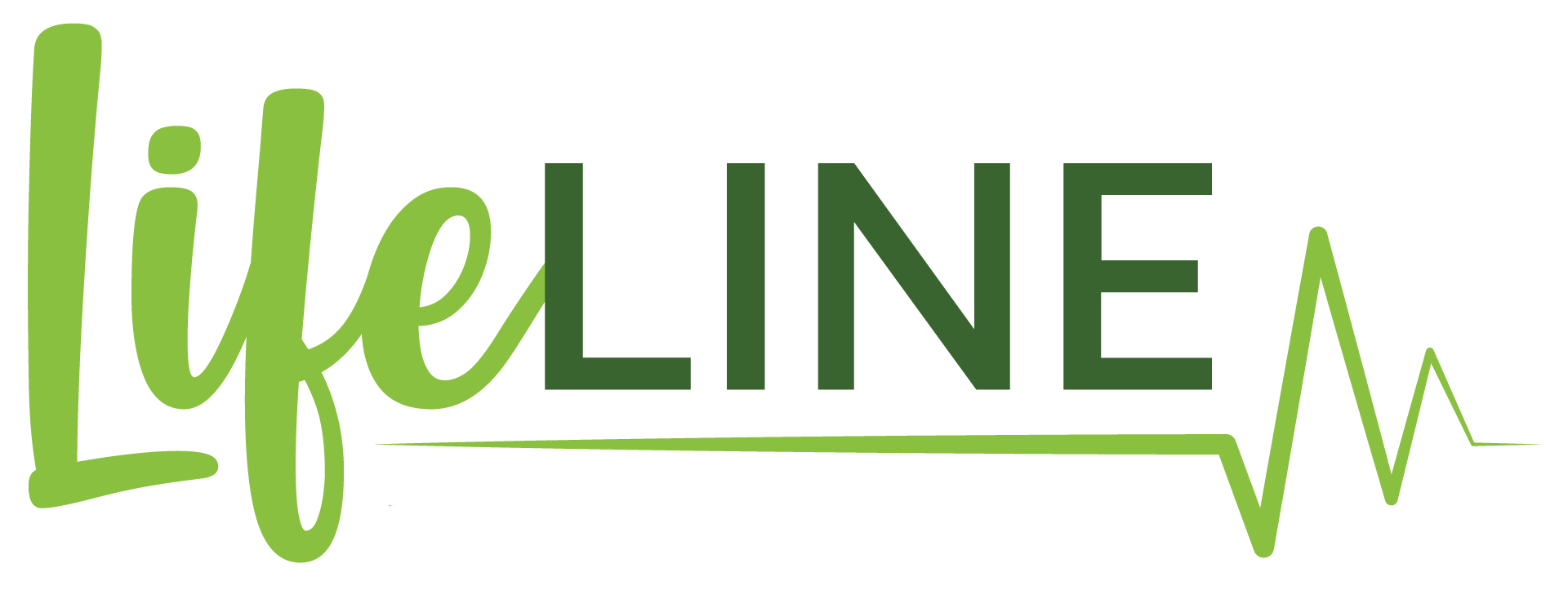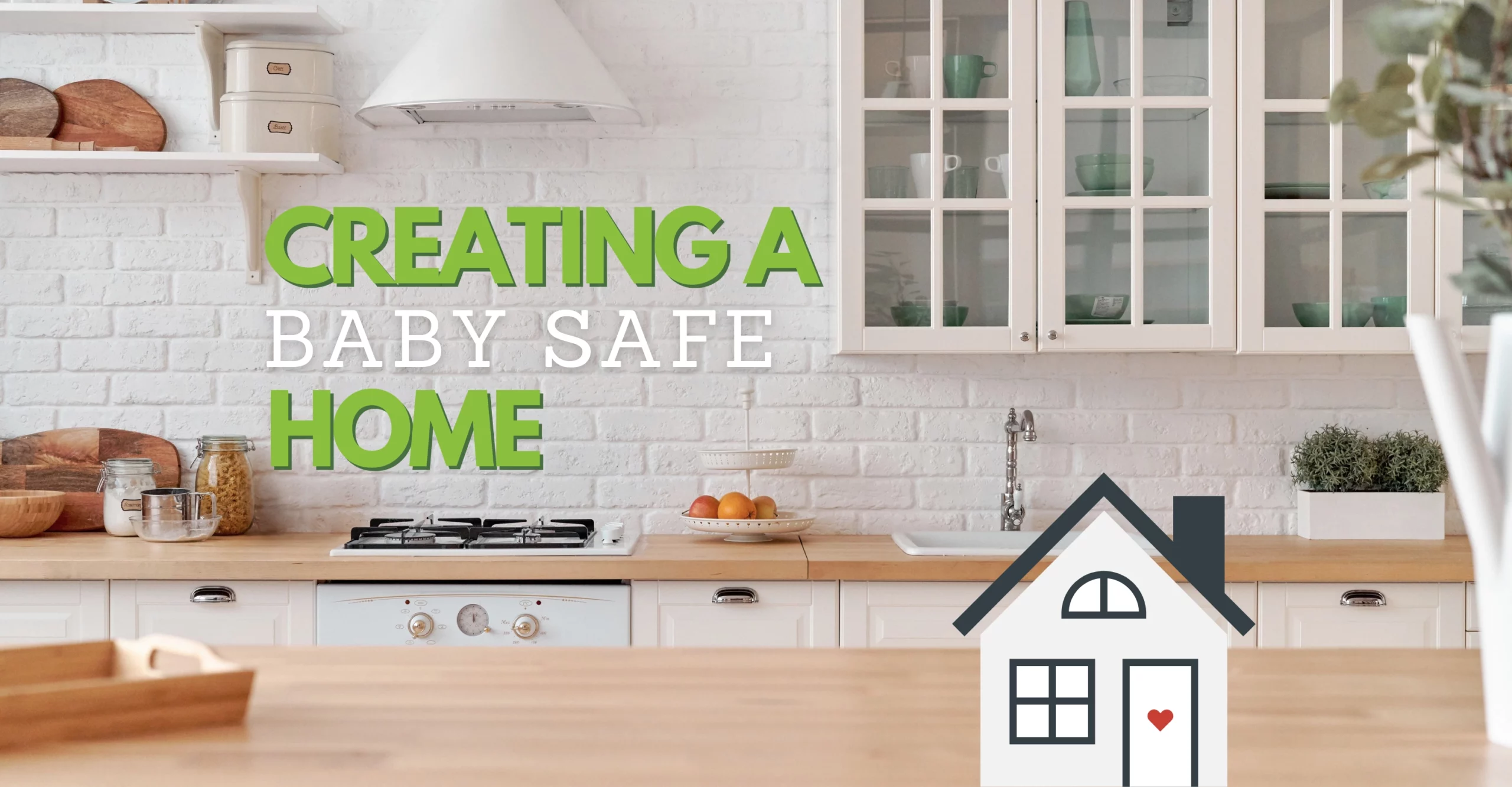You Are Here:
Home » Uncategorized » Creating a Baby-Safe Home
Creating a Baby-Safe Home
Walking around the house as a new or expecting parent, an overwhelming panic may hit us : this place is a million disasters waiting to happen! Electrical outlets, blind cords, sharp coffee table edges, bottles of 409 and bleach…what couldn’t go wrong?? How could we ever bring a baby home to this clearly not safe trap?
Don’t fret! We can create a safe environment for our babies to not only survive, but explore, learn, and grow in. Let’s take some time to think like a baby. Go ahead, crawl around your house and make note of the hazards we might never think of as experienced, walking adults. Double check your list of improvements with our list below to see how you can best prepare your nest for little ones!
BED:
- Check up on your crib. It’s nice to get hand-me-downs, especially on big ticket items like a crib, but do your research to make sure that particular crib model is safe. Some cribs get recalled for broken or missing parts. Even if your crib’s brand and model checks out, make sure this crib is stable; isn’t lacking any bars, screws, or other parts; and doesn’t have any rough edges that could cause scrapes or splinters. The U.S. Consumer Product Information Safety Commission website has great information on crib and mattress safety and recalls. You can also call them at 800-638-2772. Kate Carr, president and CEO of Safe Kids Worldwide. “If the sides go down or you can fit a can of soda between the slats, it’s not a safe crib for your baby.”
- Beware of pillows, blankets, and stuffed animals. These might seem like normal, fun, cozy items to include in baby’s bed, but they can actually cause suffocation. All baby should need is a tight-fitted crib sheet over a firm mattress. These items can be introduced when baby gets older.
- Use that safety strap on the changing table. According to a study in Pediatrics, more than a third of injuries from falls occur when babies tumble from furniture.
BATH:
- Never leave baby alone in the bathtub. Even an inch of water is enough for babies to drown.
- Test the water. Keep your water heater at 120° F or lower to prevent scalding (this is important for anybody, not just babies!) and never put your baby within reach of the faucet.
- Keep the potty on lockdown. Yes, attaching a safety lock to toilets can be a pain for adults, but it’s worth it for the safety of our babies. Curious infants can topple head first into a toilet.
- Put the hair dryer up. Any electrical grooming products or razors should be far away from baby’s reach or kept in a cabinet with safety locks.
BEYOND:
- Safeguard the cabinets. Whether in the bathroom or kitchen, cabinets containing any sort of cleaning supplies, toiletries, medications, knives, or anything else you wouldn’t want going into baby’s mouth or falling on top of baby should be equipped with child locks.
- Put it on the back burner. When using the stove, cook on the back burners as much as possible. This will reduce the risk of anything hot falling on top of baby.
- Non-slip it under the rug. Secure any rugs with non-skid pads so no one slips and falls.
- Put a socket cover in it. Electrical outlets should be covered to prevent any curious fingers from getting shocked.
- Forget the tablecloth. Replace a tablecloth with placemats so your little one doesn’t pull anything off the table.
- Invest in cordless blinds. The CPSC recommends cordless blinds in place of the millions of Roman and roll-up blinds they’ve recalled. Learn how you can childproof existing blinds, or order free retrofit repair kits at WindowCoverings.org.
There are many more details to sort out around your house as you prepare for baby to come home, so check out all of our resource links below for more info. We want you to feel confident about your child’s safety. We can’t prevent every single possible hurt that our kids experience, but we can set up our homes for our kiddos’ exploration. It’s important that they have the freedom to learn about their environment, and we can allow them that opportunity with some common sense and research on our part.
Want more help on preparing for baby? Lifeline Pregnancy Help Clinic is here for you. If you live near Kirksville, Unioniville, or Milan, MO, visit us or call us to learn more about our no-cost programs for new and expecting parents.
Resources:
https://www.parents.com/baby/safety/babyproofing/babyproofing-basics/
https://www.parents.com/baby/safety/babyproofing/how-to-keep-baby-safe-at-home/
https://www.womenshealth.gov/pregnancy/getting-ready-baby/making-your-home-safe-baby

